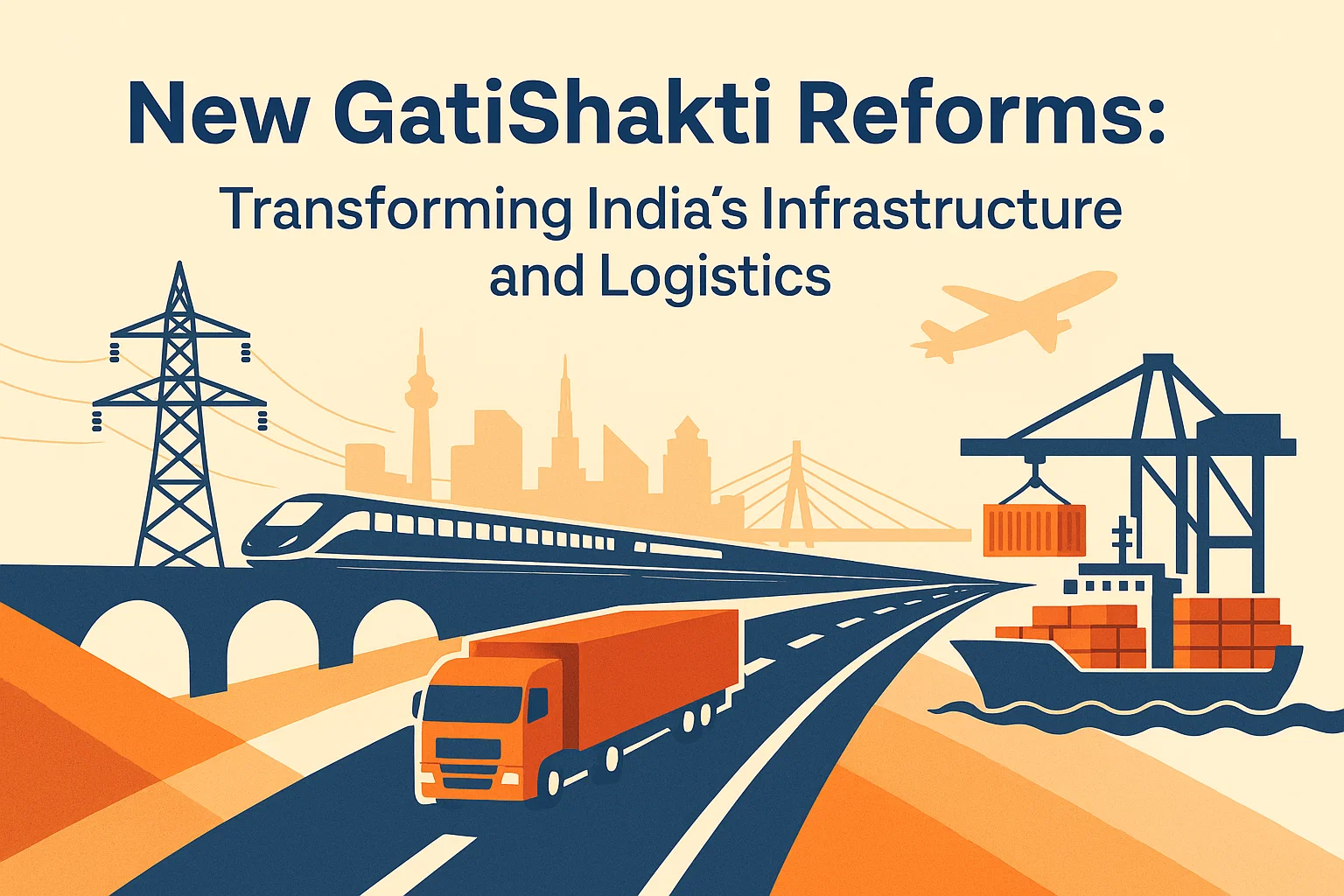Font size:
Print
New Immigration and Foreigners Order, 2025
Context: The Union Home Ministry has notified the Immigration and Foreigners Order, 2025, replacing the decade-old Foreigners (Tribunal) Order, 1964. This new law grants Foreigners’ Tribunals (FTs), earlier unique to Assam, the powers of a First-Class Judicial Magistrate.
What are Foreigners’ Tribunals (FTs)?
- These are special quasi-judicial bodies set up under the Foreigners Act, 1946 (and now replaced under the Immigration and Foreigners Act, 2025).
- Their primary mandate is to determine whether a person is an Indian citizen or a foreigner.
- They have been unique to Assam, largely due to the historical problem of unchecked migration from Bangladesh, as acknowledged in the Assam Accord (1985).
- Currently, 100 FTs operate in Assam to adjudicate cases arising out of NRC exclusions or questions of nationality.
What are the powers vested with FTs under the 2025 Order?
The Immigration and Foreigners Order, 2025 significantly enhances the legal authority of FTs:
- Powers of a First-Class Judicial Magistrate.
- Issuance of arrest warrants if summoned persons fail to appear.
- Authority to send individuals to detention or holding centers if nationality remains unproven.
- Nationwide applicability (though FTs currently only operate in Assam, other states rely on local courts).
- Restrictive rules on employment of foreigners in sensitive sectors like defence, nuclear energy, petroleum, power, and human rights unless approved by the Centre.
- Border agencies (e.g., BSF, Coast Guard) empowered to prevent illegal entry, mandating biometric and demographic capture of intercepted migrants.
- Power to refuse entry or stay for foreigners convicted of serious crimes (terrorism, espionage, rape, human trafficking, cybercrime, etc.).
What are the concerns associated with FTs?
- Due Process & Fairness: Critics argue FTs often lack uniformity and the quasi-judicial process may compromise principles of natural justice.
- Detention & Statelessness: Sending persons to detention centers, especially if no country accepts them, risks creating stateless populations.
- Human Rights Concerns: Instances of wrongful exclusion (e.g., genuine Indian citizens being declared foreigners) undermine rights to dignity and liberty under Article 21.
- Resource Burden: NRC-related litigations have already overwhelmed Assam’s FTs. Extending jurisdiction nationally may strain administrative and judicial resources.
- Political & Social Sensitivities: The fear of ethnic marginalisation and religious profiling makes the issue socially volatile, especially in border states.
Judiciary on Statelessness and Refugees in India
India has no dedicated domestic refugee law, nor is it a signatory to the 1951 UN Refugee Convention or its 1967 Protocol. Nonetheless, the judiciary has tried to uphold humanitarian considerations:
- Article 21 Application (Right to Life & Liberty): Courts have held that even non-citizens enjoy the protection of Article 21. (e.g., NHRC v. State of Arunachal Pradesh, 1996).
- Non-refoulement Principle: While not codified in law, courts have invoked it to prevent deportation of refugees in danger of persecution (e.g., Ktaer Abbas Habib Al Qutaifi vs Union of India, 1999).
- Rohingya Case (2021): The Supreme Court permitted deportation of Rohingyas from Jammu but stressed that executive discretion must be balanced with protection against arbitrary treatment.
- Assam NRC & FTs: The SC oversaw the NRC process and directed adequate opportunity through FTs for excluded individuals to prove their citizenship.


